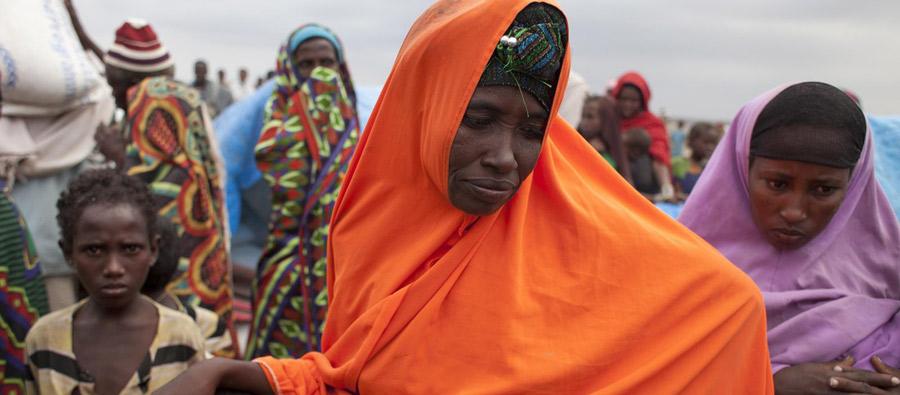- About
- Topics
- Picks
- Audio
- Story
- In-Depth
- Opinion
- News
- Donate
- Signup for our newsletterOur Editors' Best Picks.Send
Read, Debate: Engage.
| topic: | Child rights |
|---|---|
| located: | United Kingdom |
| editor: | Gurmeet Singh |
Marcus Rashford has been deified in some circles and vilified in others for bringing Britain’s attention to an appalling reality: that the children of low-income families in the UK are going hungry. The Manchester United striker is of course not facing vilification simply for raising the alarm: he happens to be Black, which means a lot of people are upset that he has opened his mouth in the first place.
The problem Rashford has highlighted and pressured the government to change is structural. He’s argued that the British welfare system does not provide adequate support for poor families and that children suffer as a result – they do not receive free meals when out of school, during holidays, for example. Given that the unemployment problem in the UK is only growing, more and more families are ending up below the poverty line.
The Financial Times wrote earlier this month:
“Boris Johnson has committed to spending £400m on food support for the poorest children in England in another policy U-turn following a public campaign by prominent footballer Marcus Rashford.
The 23-year-old Manchester United player had called on the government to offer free school meals throughout the winter after his successful campaign to provide similar support during the summer. However, the Johnson government argued that its universal credit welfare system provided adequate support.
But in a change of direction, Mr Johnson announced a new package of measures in a belated effort to address public anger — a petition demanding extra funding garnered more than 1m signatures — as well as criticism from many of his own MPs, who have been targeted since voting against an opposition motion last month to extend free school meals.”
This was indeed welcome news, and Rashford should be rightly proud of his achievement. However, a single injection of spending will not be enough to remedy the problem. The problem is the welfare apparatus itself, and how it is designed to be difficult to access and navigate and is deliberately under-resourced. Human Rights Watch comments:
“Official statistics from March 2019 showed that the number of children in absolute poverty had risen to 3.7 million, up by 200,000 in 12 months. It is sobering to contemplate what will look like in March 2021, a year after the pandemic first began to cause a devastating economic downturn. It is even more harrowing to think beyond the numbers, to consider the human toll on the lives and rights of children in low-income families.
Human Rights Watch’s analysis of government data has exposed how austerity-motivated financial decision-making between 2010 and 2018 halved state expenditure (as a proportion of GDP) on welfare support for children and families. This is no accident. It points to bad policy that is harming the country’s most socioeconomically vulnerable children.”
In other words, the British government is knowingly and willingly keeping children hungry; only making a U-turn when publicly shamed by a young footballer. What’s more, with Brexit just around the corner, food-shortages are predicted. Unless the problem is dealt with seriously, and the welfare system strengthened, poverty and hunger will persist in 21st Century Britain.
Image by Emilian Robert Vicol

